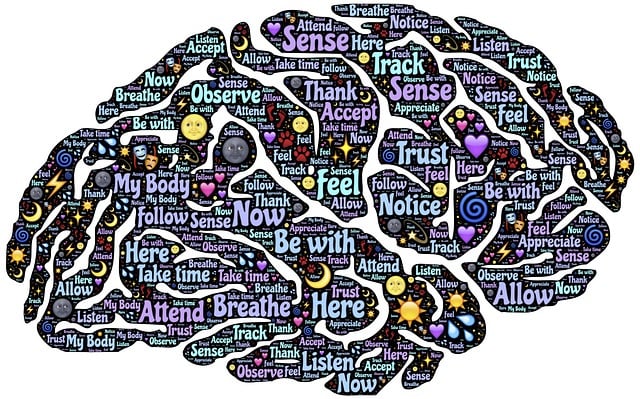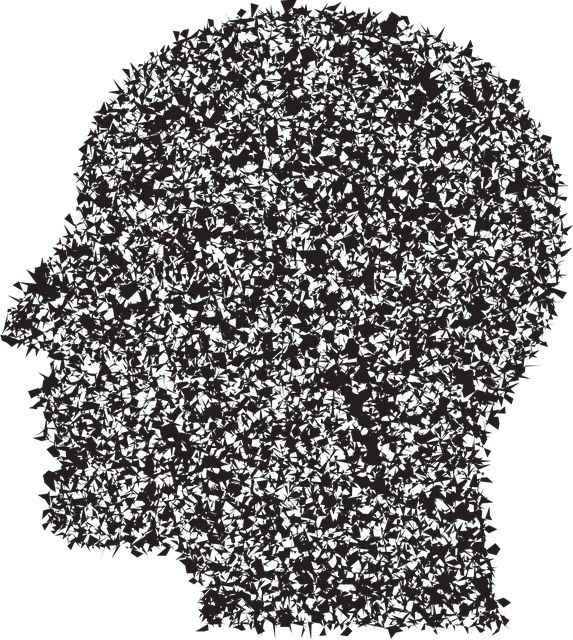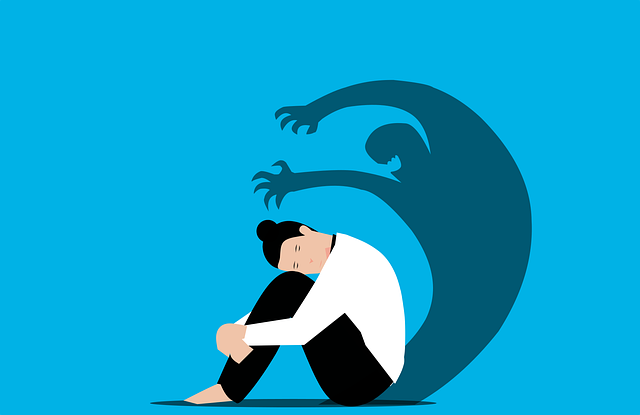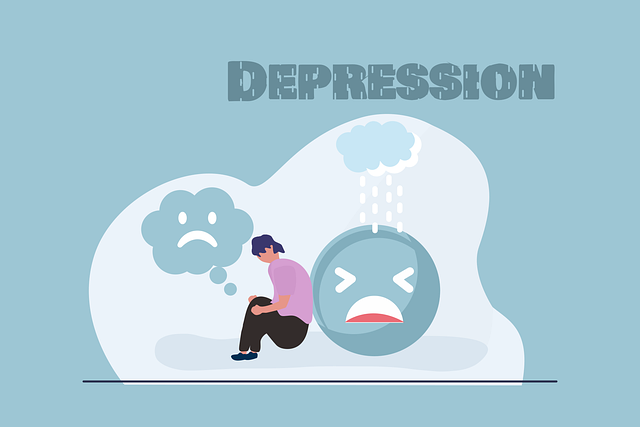Panic disorder and anxiety attacks among elders significantly impact daily life and well-being. Effective therapy, like Cognitive Behavioral Therapy (CBT), addresses negative thought patterns and provides coping mechanisms tailored to seniors' needs. Mindfulness practices, such as deep breathing and meditation, reduce symptoms and enhance emotional stability. Creating a supportive environment, including risk management planning and confidence-building activities, boosts resilience and accessibility for elders managing these conditions. Therapy for Elders Panic Disorder and Anxiety Attacks leverages these strategies to restore calm, functionality, and quality of life.
Mood regulation strategies are crucial for maintaining mental well-being, especially among seniors suffering from panic disorder and anxiety attacks. This comprehensive guide explores effective therapeutic approaches tailored to the unique needs of the elderly. We delve into the role of cognitive behavioral therapy (CBT) in managing anxiety, mindfulness practices for daily coping, and creating supportive environments that foster resilience. By understanding panic disorder and implementing these strategies, elders can find relief and enhance their quality of life.
- Understanding Panic Disorder and Anxiety in Elders
- The Role of Therapy in Mood Regulation for Seniors
- Cognitive Behavioral Therapy (CBT) Techniques for Panic Attacks
- Mindfulness and Relaxation Practices for Daily Coping
- Creating a Supportive Environment for Elderly Mental Well-being
Understanding Panic Disorder and Anxiety in Elders

Panic disorder and anxiety attacks are prevalent among elders, affecting their daily lives and overall well-being. Understanding these conditions is crucial for effective therapy. Elderly individuals often experience heightened levels of fear and worry, which can be debilitating and lead to avoidance behaviors. Recognizing the symptoms, such as rapid heart rate, sweating, and shortness of breath, is essential for prompt intervention.
Therapy for elders with panic disorder and anxiety attacks involves tailored approaches, including compassion cultivation practices to enhance emotional intelligence. Building confidence through various techniques can significantly improve their ability to manage these episodes. By addressing the root causes and providing support, therapists enable seniors to regain control over their lives, fostering a sense of security and peace amidst the challenges of aging.
The Role of Therapy in Mood Regulation for Seniors

For seniors struggling with mood regulation, therapy plays a pivotal role in managing conditions such as panic disorder and anxiety attacks. As individuals age, they may face unique challenges that impact their mental health, making it essential to seek professional support. Therapy offers a safe space for elders to explore and understand their emotions, fears, and thoughts. Through evidence-based practices, therapists help seniors develop coping mechanisms tailored to their needs. Cognitive-behavioural therapy (CBT), for instance, is widely recognised for its effectiveness in treating anxiety disorders, empowering individuals to challenge negative thought patterns and replace them with healthier alternatives.
Incorporating emotional intelligence and emotional regulation techniques into therapy sessions can significantly enhance the benefits for seniors. Mental health professionals skilled in risk management planning are well-equipped to guide elders through complex emotions, ensuring they receive the appropriate care. By combining personalised therapy with tools for emotional regulation, seniors can improve their overall mood stability, quality of life, and resilience in managing mental health challenges.
Cognitive Behavioral Therapy (CBT) Techniques for Panic Attacks

Cognitive Behavioral Therapy (CBT) offers effective techniques for managing panic attacks and disorders in older adults. This therapeutic approach helps individuals identify and challenge negative thought patterns that contribute to anxiety. By learning to recognize and reframe distorted cognitions, CBT empowers seniors to confront and reduce their fear responses. Through structured sessions, patients acquire valuable coping strategies to navigate and prevent panic episodes.
One of the key components is mindfulness meditation, which encourages individuals to focus on the present moment, calming their minds and reducing anxious thoughts. Emotional well-being promotion techniques are also integral to CBT, teaching seniors methods to self-regulate and manage stress effectively. These evidence-based practices aim to enhance mental wellness and provide lasting tools for maintaining emotional stability in daily life.
Mindfulness and Relaxation Practices for Daily Coping

Mindfulness and relaxation practices have proven to be powerful tools for daily coping, especially for seniors dealing with panic disorder and anxiety attacks. Techniques such as deep breathing exercises, meditation, and progressive muscle relaxation can help calm the mind and body, reducing symptoms of anxiety and stress. These practices encourage individuals to focus on the present moment, thereby disrupting negative thought patterns that contribute to panic disorders.
Incorporating these mindfulness techniques into daily routines can significantly enhance mental wellness coaching programs development. They serve as effective burnout prevention methods by promoting stress reduction strategies. By learning and consistently applying these practices, seniors can better navigate their symptoms, leading to improved overall mental health and quality of life.
Creating a Supportive Environment for Elderly Mental Well-being

Creating a supportive environment is essential for the mental well-being of the elderly population. As people age, they may face increased loneliness and isolation, which can exacerbate existing mental health conditions like panic disorder and anxiety attacks. Therefore, fostering a nurturing space becomes crucial in their care strategies. Therapy sessions tailored to elders should incorporate techniques that address these unique challenges. For instance, cognitive-behavioral therapy (CBT) has proven effective in managing anxiety by reframing negative thoughts and behaviors.
A safe and comforting setting can significantly enhance the therapeutic process. This involves ensuring risk management planning for mental health professionals, creating stress reduction methods tailored to the elderly, and promoting confidence-boosting activities. By implementing these strategies, caregivers can contribute to a positive environment that supports emotional resilience, making therapy more accessible and beneficial for older adults dealing with panic disorders and anxiety.
In conclusion, effectively managing panic disorder and anxiety attacks in elders involves a multi-faceted approach. By combining therapy tailored to their needs, such as Cognitive Behavioral Therapy (CBT), with mindfulness practices and supportive environments, seniors can significantly improve their mood regulation. Recognizing the unique challenges elders face and providing accessible resources is crucial for enhancing mental well-being in this demographic. Through these strategies, therapists and caregivers can empower older adults to navigate and overcome anxiety, fostering a sense of control and improved quality of life.








